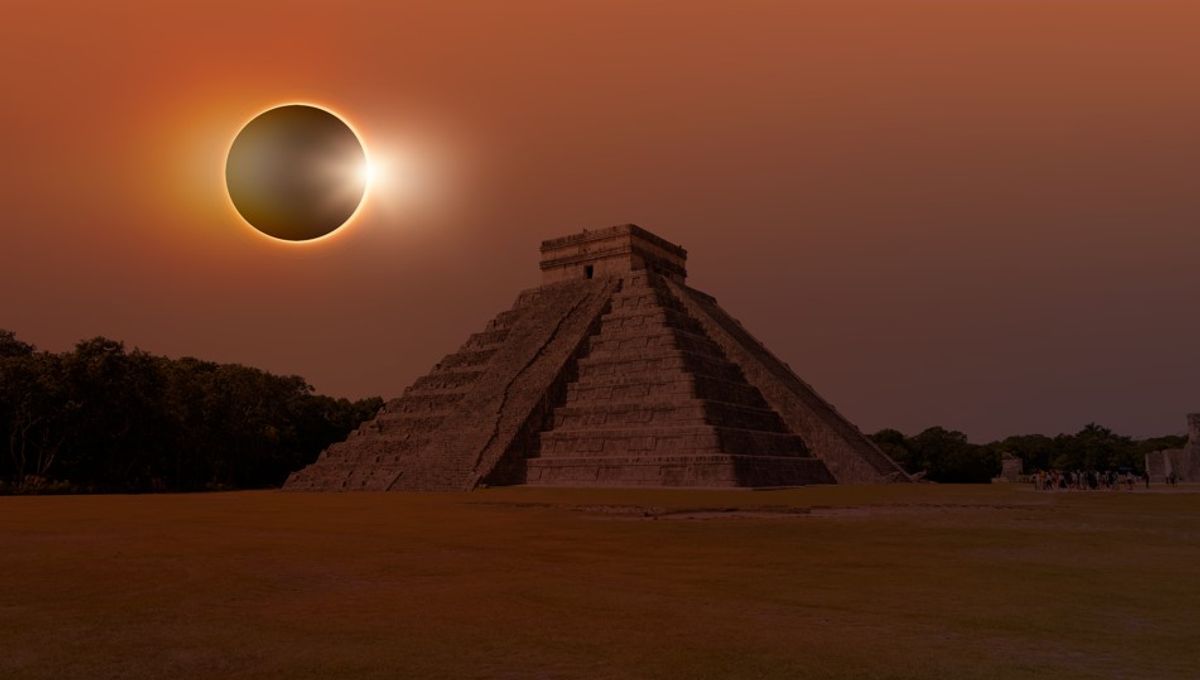
As North America prepares to marvel at a total solar eclipse this coming Monday, the only thing that viewers need to worry about is how to protect their eyes while observing the event. Yet things weren’t quite so chilled in ancient times, when eclipses often provoked panic and bloodshed among those watching from the ground.
Some of the earliest records of these celestial spectacles come from China and date back more than 4,000 years. Regarded as omens that foretold the fate of emperors, eclipses were serious business within royal circles and often prompted some ruthless executive decisions. For instance, the two court astronomers serving under Emperor Chung K’ang were reportedly beheaded for failing to predict an eclipse way back in the 22nd century BCE.
Among regular folk in ancient China, eclipses were thought to be caused by a dragon eating the sun – hence the use of the word “shi”, also meaning “to eat”, to refer to eclipses. People therefore responded to these events by banging drums and making loud noises in the hope of scaring the dragon away and rescuing the light of day.
Like the Chinese, the ancient Greeks were also remarkably adept at predicting eclipses, yet still lost their minds whenever these solar occultations occurred. According to some sources, rulers and monarchs would hide during eclipses, fearing the wrath of the gods, with some even placing commoners on the throne in an attempt to fool the heavens into smiting the wrong person.
It’s said that Alexander the Great employed this very strategy when a series of partial eclipses were forecast in 323 BCE, though the gods clearly weren’t deceived as Alexander died that very year.
Over in the Americas, the ancient Maya had a remarkably advanced understanding of the heavenly cycles and were able to predict eclipses using a series of almanacs and charts recorded in the famous Dresden Codex. Despite this astronomical proficiency, however, the Maya still interpreted solar eclipses as the sun being “broken”, prompting rulers to engage in bloodletting rituals in an attempt to restore the sun to full health and fix the situation.
The Aztecs, meanwhile, thought the sun was being eaten and descended into pandemonium when eclipses occurred. Describing the general reaction to a total eclipse in 1596 CE, Spanish missionary Fray Bernardino de Sahagún wrote that people became hysterical, sacrificing anyone they could find with light skin or fair hair in the hope that this would prevent demons from descending from the sky and devouring everyone.
Across the pond at around the same time, William Shakespeare would have had the opportunity to observe a total solar eclipse in the English sky (On March 7, 1598, to be precise). A few years later, he wrote the famous play King Lear, which includes the line: “these late eclipses in the sun and moon portend no good to us,” suggesting that even the Bard got the willies from seeing the sun briefly obliterated.
Source Link: How Did Ancient Cultures React To Solar Eclipses?